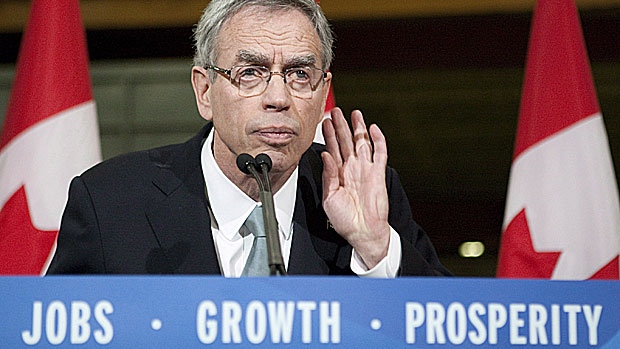By Katie Stobbart (The Cascade) – Email
Print Edition: June 18, 2014
Every time I turn around, someone is lamenting the loss of the elusive Sasquatch that is the “youth vote.” Youth apathy is hauled out every election at every level of government as a reason for why this party or that didn’t win.
When the idea for this article occurred to me, my first thought was, well, it’s not that timely, since we’re not in or very near an election. But that in itself is apathetic thinking. Politics are not something we drag out when it’s time to decide who has to deal with them — they are infused with our daily lives. To ignore them is to give up our agency.
But to a certain extent, I don’t blame those who have just stopped caring. I do my best to keep up with politics, but at times it’s exhausting. Finding information is less a process of gathering and analysis and more one of ignoring the glut of media that is the internet. It means wading through advertisements (including those from or about the political sphere), cat-stuck-in-a-tree stories, and a whole slough of perhaps entertaining but often irrelevant buzzwords and baby-kissing photo-ops both online and in print. Then there’s sorting out which articles are actually from reliable sources and which are strung together with flimsy research and poor reporting.
Whose activities do you know more about: Rob Ford’s or Joe Oliver’s? Are you more familiar with easy-to-digest sensationalism, or with what Canada’s Minister of Finance is doing with your money?
The saturation of media with biased stories that distract from what is really important in politics exacerbates my own frustration with politics, and I am politically engaged to begin with. The other obstacle in the way of engaging anyone is that the information that comes from the source (politicians) is one-sided and usually self-serving.
What student has the time to navigate the internet for hours in search of “the real news” on politics?
Politicians need to set their priorities straight. I’m not talking about the environment, education, or the economy — the lapses I see are fundamentally connected to the nature of the job.
Any person who is elected or selected to hold a position of power has a responsibility to the people affected by his or her decisions. This responsibility encompasses a few rare and abstract virtues (integrity, for one) as well as a willingness to communicate with those people and represent their needs in whichever assembly accords to the elected position.
A politician is not a salesperson. The way the issues of the day are delivered, whether in media or from the primary source, often echoes the way we receive sales pitches for dish soap or cereal: we know it’s biased, we can tune it out, and we treat politics as products we can choose to consume or not.
An attempt to convince constituents to buy a product, especially when that product is the politician (or affiliated party), does not serve those constituents. Political sales pitches to the electorate are often an appalling waste of money which could be put to use actually serving the needs of a community, or province, or country; they exploit the power vested in the elected official.
When I see an ad telling me “this party is better than the leading brand because it’s better at removing stains from the budget” or a pamphlet from the City urging citizens to vote YES to a municipal referendum, it makes me want to throw my hands up. Another peeve is when I start seeing commercials boasting about “how great the current party in power is doing on this or that issue.”
The people behind this need to take a creative writing workshop, because the first thing you learn will make or break your ability to reach an audience and suspend their disbelief is: Show, Don’t Tell. Anton Chekhov expressed this perfectly: “Don’t tell me the moon is shining. Show me the glint of light on broken glass.”
Don’t tell me you’re doing a great job. Do it. Trust me, I’ll notice.
This is certainly not all there is to apathy, but maybe if I felt like politicians were actually representing me instead of constantly trying to sell me something, I’d be a little less disgusted with the whole lot of them.
There often doesn’t seem to be a real choice among them: is Dawn really any better than Palmolive?
Of course, we can choose not to search for the buried information we need to make informed decisions, we can choose not to educate ourselves, and we can choose not to vote at all. The effects are not always evident immediately, but the consequence is that we show our own audience very clearly that we don’t care and that they can do whatever they want.
So while it’s not currently election time, I encourage you to start searching for the information on the issues that are relevant to you early on: municipal elections are coming up in the fall, and it won’t be long before provincial and federal elections approach.
Politicians are not collectively going to start living up to the ideal any time soon, so reclaiming our political power has to start with looking more closely for the man behind the curtain.



